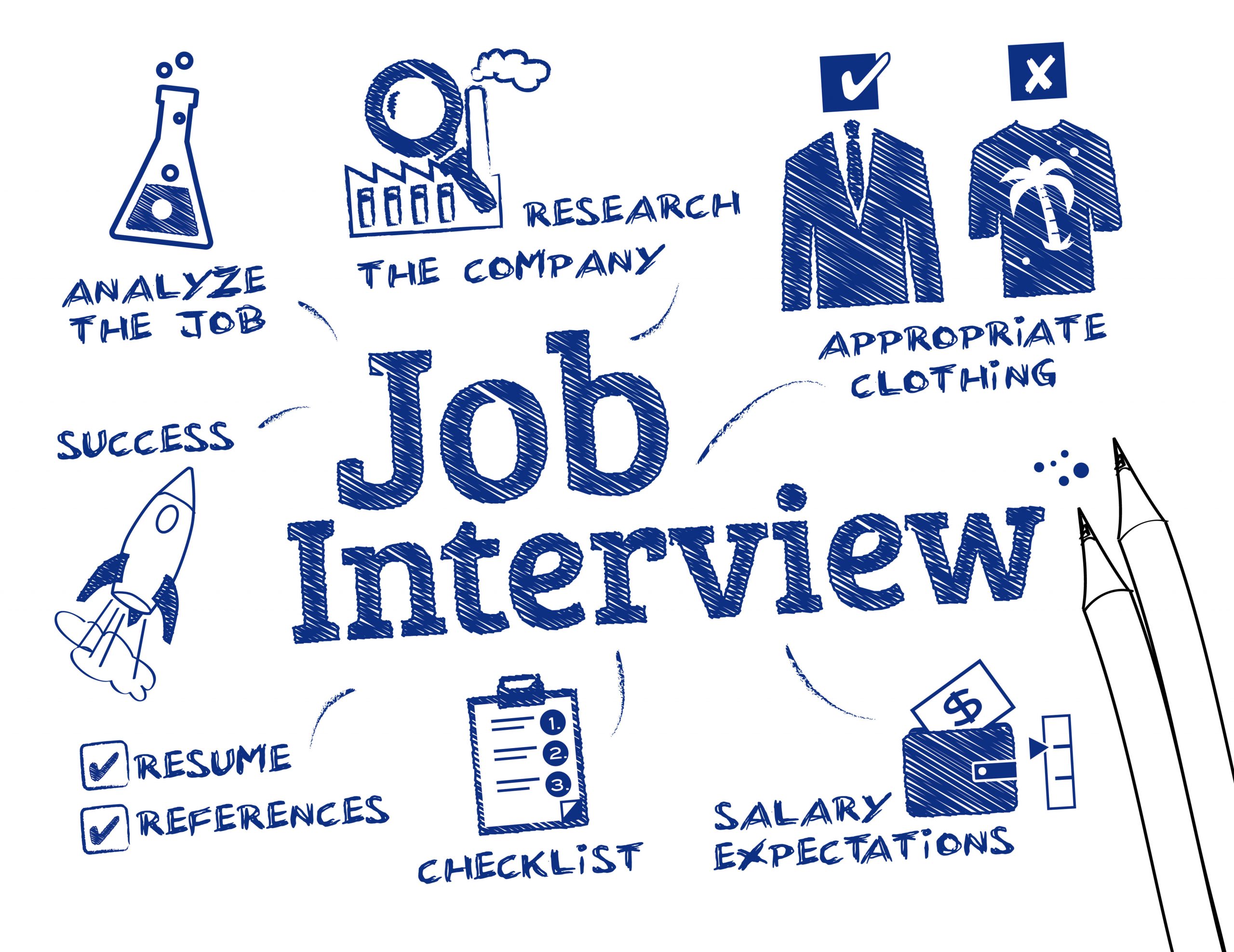As someone who has gone through my fair share of job interviews, I know just how nerve-wracking they can be. The endless nights of preparation, the butterflies in your stomach, the fear of stumbling over your words – it’s enough to make even the most confident individuals question their abilities.
But fear not, dear reader! Today, I am going to share with you some tried-and-true strategies for acing job interviews. These are the secrets I wish I had known when I was starting out, and they have helped me land some incredible opportunities throughout my career.
First and foremost, preparation is key. Before stepping foot into the interview room, make sure you have done your homework. Research the company inside and out – their mission, values, products or services, and recent news or achievements. Understanding the organization’s background will not only impress the interviewer but also give you valuable insights into their work culture and values.
Take the time to thoroughly review the job description as well. Note down the key skills and qualifications they are looking for, and come up with examples from your own experience that demonstrate your proficiency in those areas. You want to be able to speak confidently about how your past experiences align with the requirements of the role.
Now, let’s talk about the dreaded “Tell me about yourself” question. This is often the opening question in an interview, and it sets the tone for the rest of the conversation. Many people make the mistake of rambling on about their personal life or providing a lengthy chronological list of their experiences. Instead, use this opportunity to give a concise and focused overview of your professional background, highlighting your relevant skills and accomplishments. Keep it brief, engaging, and tailored to the role you are applying for.
One aspect of interview success that often gets overlooked is non-verbal communication. Your body language can speak volumes before you even utter a word. Slouching, fidgeting, or avoiding eye contact can give the impression that you lack confidence or are disinterested. Instead, sit up straight, maintain eye contact, and offer a firm handshake when you greet the interviewer. These simple actions demonstrate your enthusiasm and professionalism.
Now, onto the heart of the interview – answering those tough questions. It’s essential to remember that an interview is not just about showcasing your skills and qualifications. It’s also an opportunity for the employer to assess your problem-solving abilities and how you handle pressure. Practice answering common interview questions beforehand to ensure you can confidently articulate your thoughts.
When faced with behavioral questions that require you to give examples of past experiences, use the STAR technique – Situation, Task, Action, and Result. Start by describing the situation or problem you faced, followed by the task or goal you were working towards. Then, explain the actions you took to resolve the situation, highlighting your specific contributions. Finally, share the positive outcomes of your actions – whether it be improved efficiency, cost savings, or customer satisfaction.
Don’t be afraid to ask questions of your own during an interview. This not only shows your genuine interest in the role but also helps you to gain a better understanding of the company and its expectations. Prepare a list of thoughtful and relevant questions beforehand, and ask them throughout the interview as appropriate. Remember, an interview is a two-way street – you are also evaluating whether this organization and role are the right fit for you.
Lastly, always remember to follow up after an interview. Sending a thank-you email or note to the interviewer(s) is a small gesture that can leave a lasting impression. It shows your gratitude for their time and reaffirms your interest in the position. If there were any questions you couldn’t fully address during the interview, this is also an excellent opportunity to provide additional information.
In conclusion, successful job interviews require thoughtful preparation, confident communication, and a genuine interest in the organization. By doing your research, showcasing your skills, maintaining positive body language, and asking thoughtful questions, you can significantly increase your chances of acing your next interview. Remember, interviews are not just about proving your worth to the employer – they are an opportunity for you to determine if the job aligns with your own goals and aspirations. Good luck, and may your next interview be your best one yet!
